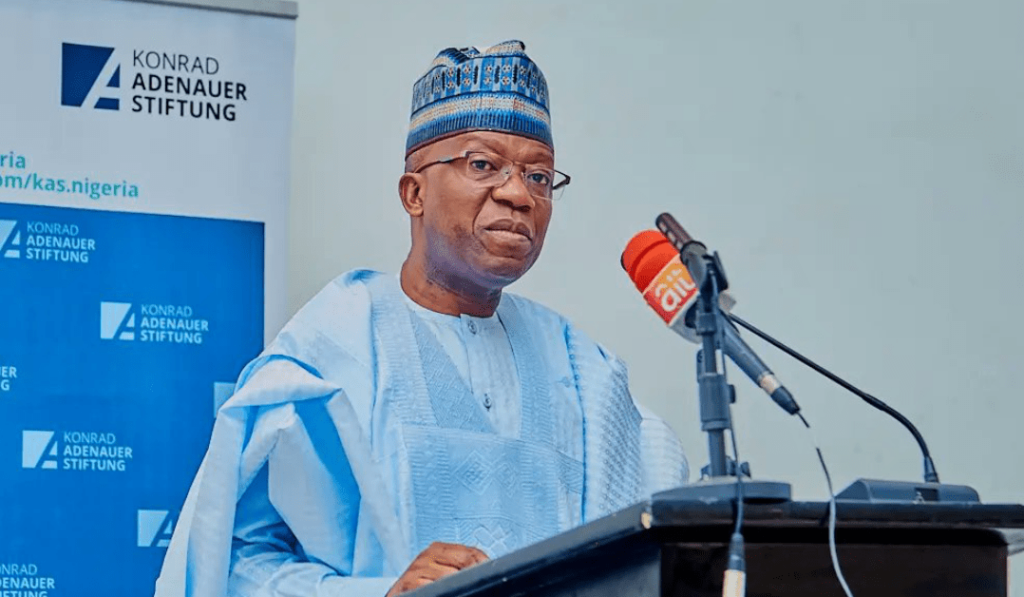The Director General of the National Institute for Legislative and Democratic studies (NILDS), Prof. Abubakar Sulaiman, has canvassed for inclusive politics that would accommodate all strata of the nation’s population.
Prof. Sulaiman stated this at a media briefing in Abuja on his six-year stewardship, stressing that the legitimacy of the country’s democracy stood a risk, if requisite and urgent reforms were not carried out to expand civic participation and strengthening of legislative capacity.
He said: “We cannot continue to celebrate democracy when then key segments of our society including women, young people, persons with disabilities remain structurally excluded from governance. What we are practising is far from the inclusive democracy we claim.”
He noted that though the National Assembly had made notable progress such as amendment of the Electoral Act and contributions to business reforms, more must be done to ensure that laws were grounded in research and must be responsive to the yearnings of the people.
“Legislation without knowledge leads to policy failure. That’s why we at NILDS are producing monthly Trust Situation Reports on security and undertaking strategic research to support the work of lawmakers,” he said.
The former Minister of National Planning said that the Institute was set to launch the first-ever Manual on Security Sector Oversight, providing lawmakers with a structured tool for interrogating and evaluating Nigeria’s security architecture.
He also stressed the importance of elite consensus in moving the country forward, pointing out that NILDS was expanding its focus to include political communication, party system reform, and pre-election analysis to enhance democratic engagement.
“Our democracy is not just about elections; it’s about institutions, inclusion, and integrity.”
The Director General mentioned some of the notable achievements of his administration in the last six years to include the introduction of new postgraduate programs, expansion of academic programs to 36 states and the FCT, and the establishment of a Gender Unit and a Legislative Centre for Security Analysis.















